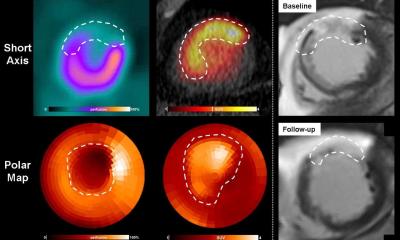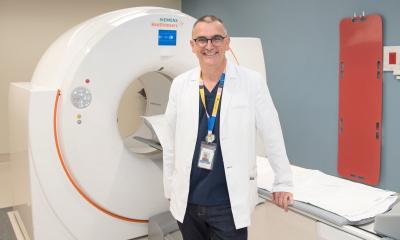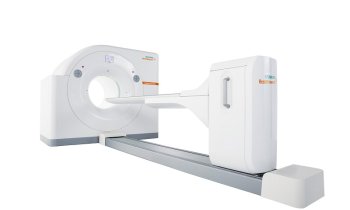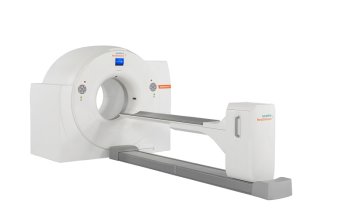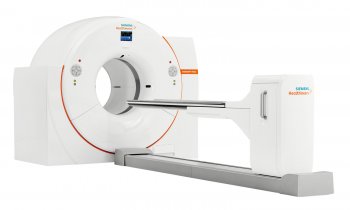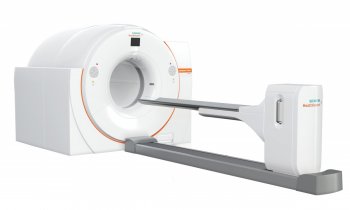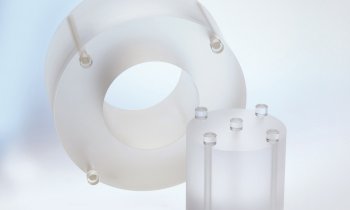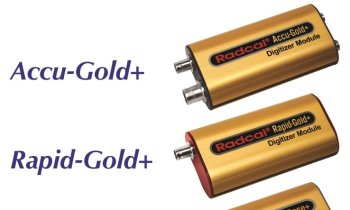The 8th International Conference On Nuclear Cardiology
29 APRIL - 2 MAY 2007
The ICNC meeting attracs a lot of attention since there is a focus on PET and CT.

During the past decade the ICNC meeting has become an important event since, in recent years, its scientific focus broadened significantly from ‘only’ nuclear cardiology to encompass Computed Tomography (CT) and Positron Emission Tomography (PET) techniques. These integrate multi-slice computed tomography and myocardial perfusion imaging into nuclear cardiology, thus allowing for combination of anatomy and function attitudes.
Co-organiser of the conference, Dr Jeroen Joost Bax MD PhD said: ‘PET and multi-slice CT have attracted a lot of attention; with PET, absolute quantification of cardiac perfusion and metabolism is possible enabling detection of coronary disease with the highest possible accuracy. Undoubtedly, the integration between multi-slice CT and PET is the area of most technical advancement used for non-invasive imaging of the coronary arteries.’ The strength of multi-slice CT is currently related to the high negative predictive value, he added. ‘This method also came a long way from originally 4-slice CT systems up to contemporary 64-slice CT systems introduced lately.’
Conference venue:
Prague, Czech Republic.
Details: www.icnc8.org/
30.08.2006




